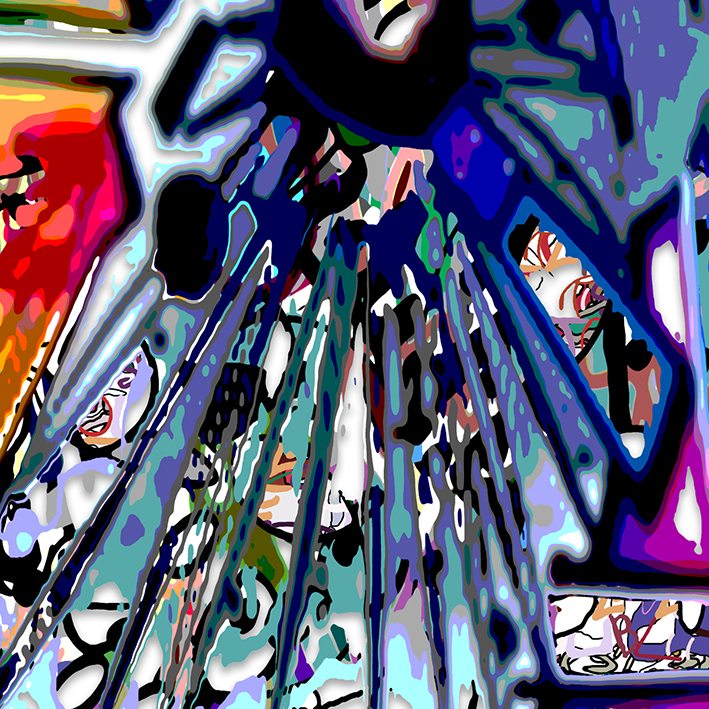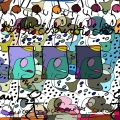The traps in team dynamics

Theoretically, a team performs better than isolated individuals do. However, these team dynamics are vulnerable to pernicious effects. How can you rely on the psychology of groups to counter these drifts?
Theoretically, a team is more creative, performs greater and makes better decisions than an isolated individual does. Indeed, teamwork offers opportunities to challenge ideas, and thus to enrich them. The group gives access to more information and experience. It enables problems to be better apprehended and solved by recouping different points of view. And, of course, it enables task sharing and, consequently, the production of a greater effort. Thus, theoretically, collective intelligence and action capacity should always exceed those of individuals.
In practice however, we have all witnessed groups with disappointing levels of performance, even though they comprised competent and motivated individuals! Such as a management committee that, despite hundreds of hours of strategic debate, stuck to its vision of the market and led the company to disaster, ignoring transformations that were visible by all. Or these four promising managers, tasked with developing a decisive project for the company, who submitted an appalling project to the Executive Committee at everyone’s surprise. If the merit of the individuals cannot be questioned, how come these teams could fail so badly?
The answer comes from research in behavioral and social sciences, which have long studied group phenomena. These works have demonstrated that groups are not simply the sum of the individual aptitudes they regroup. They have their own dynamic, for better or for worse. Some achieve exceptional results. Others quickly turn out dysfunctional, most often unconsciously for their members. Social laziness, group conformism, the phenomenon of idea concentration, follower attitudes… These are recurring mechanisms that social psychology experiences have enabled us to decode. This research sheds a light on the conditions needed to set up to ensure virtuous team dynamics. How can you help your team give its best?
In this synopsis:
- Reconcile team spirit with the capacity to challenge the situation
- Team dynamics: four risks of drift to watch out for
- Linguistic differences, an often neglected cause of dysfunction
SubscriberSign in
to download
the synopse (8 p.)
VisitorI want to buy
this synopsis (8 p.)
VisitorI want
to subscribe
See also

Encourage cooperation
Cooperation between teams is a key driver of agility, but it is not easy to establish. How can we create the conditions to get people to want to invest in the collective game?

